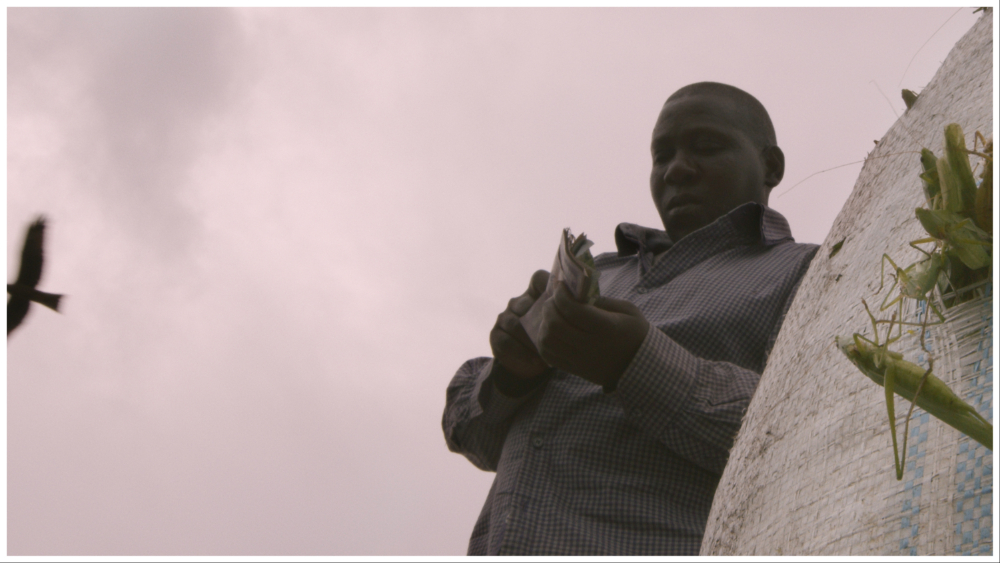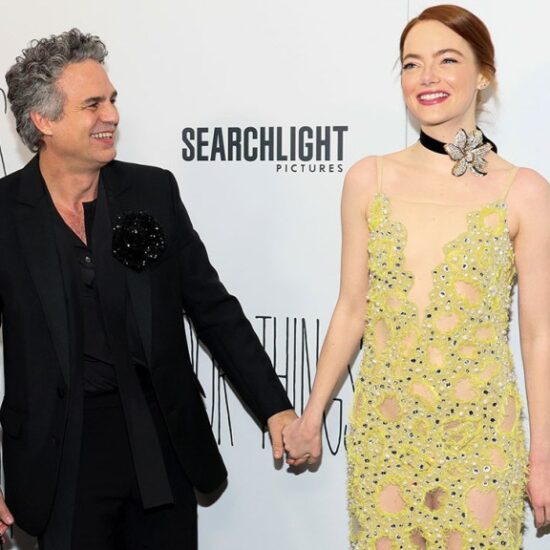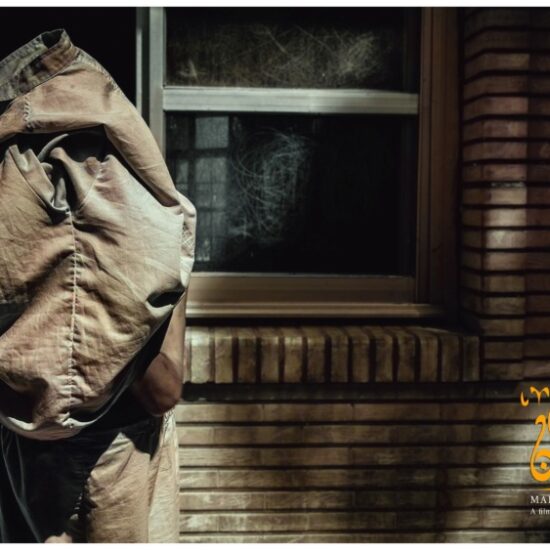
American director Daniel McCabe and his team have opened up to Variety about the making of “Grasshopper Republic” at Swiss international documentary film fest Visions du Réel, where the pic is nominated in the main competition.
Based on a book of photographs by Michele Sibiloni, a photographer and long-time friend of McCabe, who co-shot the film with him and his brother Michael, “Grasshopper Republic” takes viewers on an immersive vérité style journey alongside Uganda’s grasshopper trappers as they set out to make the catch they hope will make them rich: prices and demand for grasshoppers are high in Uganda, where they are considered a delicacy.
The director was keen to emphasize the collaborative nature of the film, which was shot over three seasons in Uganda. Access to the trappers was made possible thanks to Sibiloni’s well established contacts with them.
“We really wanted to make something that was observational, experiential, and for that reason we didn’t want to explain anything. We were able to do that thanks to Michele’s time on the ground, his dedication to making his book over several years, and the relationships he had created living in Uganda,” said the film’s editor Alyse Ardell Spiegel, also a long-time collaborator of McCabe who worked with him on his previous film “This Is Congo.”
The film shows how the traps are built using high pressure sodium light bulbs stripped of their protective UV-B outer layer to attract the insects, which leave the men working in the vicinity suffering from burns from the naked bulbs.
As the grasshoppers swarm toward the lights, they land on corrugated metal sheets placed beneath the bulbs and slide down into metal drums. But that is the ideal scenario, explains McCabe.
“Grasshopper Republic”
Courtesy of Taskovski Films
“It feels a lot like gold rush prospectors, but most people aren’t making their riches from it. If that swarm comes, you can literally make a year’s pay in a night if you’re lucky, but in the full three seasons we filmed, we only saw that twice,” he says.
Obtaining the footage required perseverance from McCabe and his team, who made Uganda their home from October to December, between 2018 and 2021.
“Patience and time: that was the serum we were using. We sit there and wait with them, suffer with them, wait all night with them, eat meals with them, eat grasshoppers with them, to create that trust. By the end, the guys are like, ‘You’re with us,’ and the camera disappears, and that’s when the magic starts happening: people just letting life happen around them,” he says.
Weaving in and out of the trappers’ quest are macro images of the insects, including some remarkable footage of the grasshoppers hatching, obtained thanks to a local entomologist and to Michael McCabe’s expertise behind the camera.
“There was such a fascination when we were able to get up close and personal with these bugs: it became essential as part of this evocative balancing act between the human world and the insect world. What we’re trying to do is to present a sort of poetry: we want the audience to decide,” says Spiegel.
Underlining the ethereal images of the grasshoppers, composer Robert Aiki Aubrey Lowe (“Candyman,” “Sicario,” “It Comes at Night”) brings in his unique sonic signature, which includes the use of synthesizers, struck metal, sound sculptures and voice.
“[The idea of chance] is something I leaned into with the score, because as an artist I have a very aleatoric approach that I’ve leaned into for many years: being able to understand how these moments were captured, I was using these elements of chance and randomness to create the larger sound-work,” he explains.
Questioned about the risk of cultural appropriation, McCabe tells Variety: “This is where Michele’s years of work was the big payload. Regardless of skin color, someone from the outside coming into a place has to earn trust. That requires a specific skill trust. Michele did that for nine years, we did another three years – three seasons, waiting for the swarm.”
“Grasshopper Republic” is produced by Daniel McCabe, Michele Sibiloni, Alyse Ardell Spiegel and Otto Bell, and is executive produced by Ian Hague, with whom McCabe already worked with on his debut feature, “This Is Congo.”
The film has been boarded by London-based world film sales company Taskovski Films. It had its world premiere in the International Competition at Visions du Réel on April 25. The festival runs in Nyon, Switzerland, until April 30.














